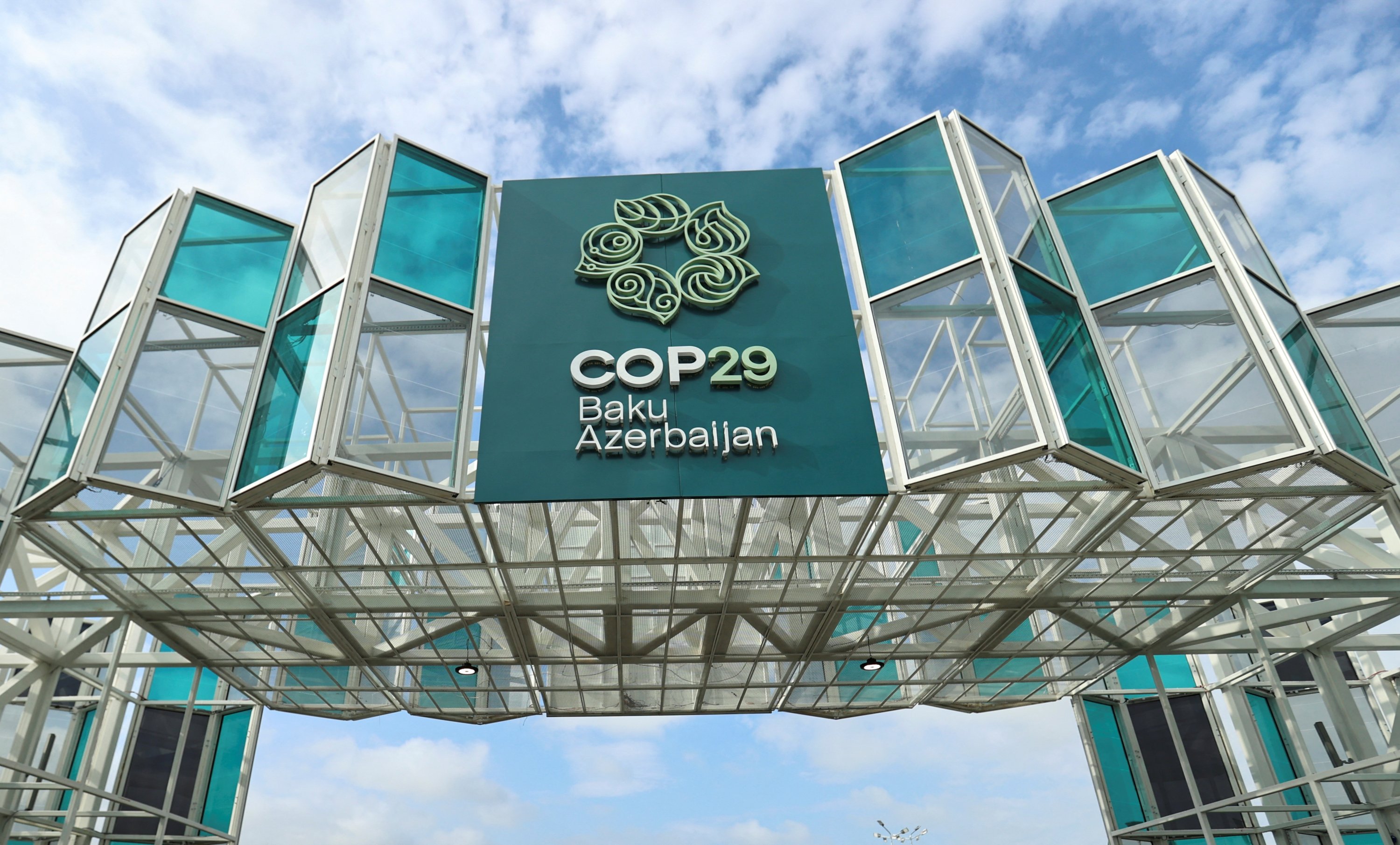
Women for a change, Cameroon (Wfac) was in Baku this November for the 29th Conference of Parties to the UNFCCC (COP29) that focused on climate finance, building adaptive capacity, integrating nature-based solutions and accelerating clean energy transitions, with a special focus on climate-vulnerable regions; bringing together almost 200 countries to discuss and negotiate inclusive climate finance strategies that would turn the fight against climate change around.
As part of Wfac’s commitments towards climate justice, representatives closely followed and engaged in conversations around gender, climate finance and the new collective quantified goal, article 6 on carbon markets, loss and damage, technology, agriculture and the health. Working in close collaboration with other members of the civil society organizations and the Women and Gender Constituency, Wfac engaged in conversations around galvanizing efforts towards accelerating gender just climate solutions at the COP and also calling on commitment makers to deliver as promised.
With developing countries calling for more intentional commitments towards raising $1.3 trillion per year in climate finance, the negotiations in Baku seemed not to have met desired ends, as many countries were left dissatisfied with the negotiations and agreed conclusions from the year’s discussions. The UNFCCC Executive Secretary called the new finance policy as an insurance policy for humanity that will create more jobs, provide clean energy, encourage growth and benefit all nations.
“This new finance goal is an insurance policy for humanity, amid worsening climate impacts hitting every country,” said Simon Stiell, Executive Secretary of UN Climate Change. “But like any insurance policy, it only works if premiums are paid in full, and on time. Promises must be kept, to protect billions of lives.” “It will keep the clean energy boom growing, helping all countries to share in its huge benefits: more jobs, stronger growth, cheaper and cleaner energy for all.”
Though the agreed conclusions from the prolonged negotiations on climate finance did not meet the targets of developing countries, developed nations however committed to raising over $300 billion per year in climate finance; a figure that triples previous year’s commitments from COP28 in Dubai.
Despite the dissatisfaction on the overall outcome of this year’s COP failing to highlight on the intersectionality of gender, health and climate change, negotiations in Baku did manage to find agreement on the remaining section of Article 6 on carbon markets on the Paris Agreement, finalising the pending elements of the Paris Agreement nearly a decade after its adoption and signature, despite some developing countries accusation of the COP29 presidency of pushing the deal through without their proper consent, following chaotic last-minute negotiations.
With next year’s COP30 set for Brazil, negotiations have already begun towards ensuring the full participation and meaningful engagement of all, especially the voices of grassroots communities and locally-led solutions as COP30 has been labelled as “the people’s COP” it is highly anticipated to see just how much of “a people’s COP” it’ll turn out to be.



